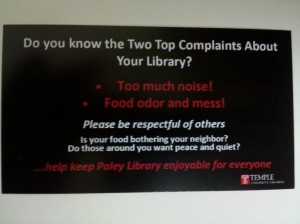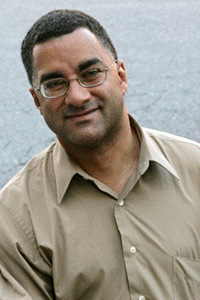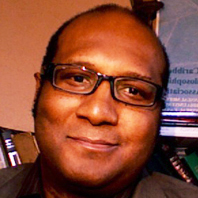[ensemblevideo contentid=_qw5-xtiSECQalwvdSkdMg captions=true height=90]
Audio Download Link (for later)
Professor Rebecca Alpert has had a longstanding interest in baseball since she began following the Brooklyn Dodgers in her youth. As a professor of religion, she has written on topics of modern Judaism and Jewish studies, and on the role of gender and sexuality in religion. When she learned of prominent Jewish booking agents in the Negro Leagues of the 1930s and 1940s, she was able to combine her interests in Jewish studies and baseball. The result is her new book Out of Left Field: Jews and Black Baseball, published in 2011 by Oxford University Press. On February 15, I had the privilege of interviewing Professor Alpert on her new book.




